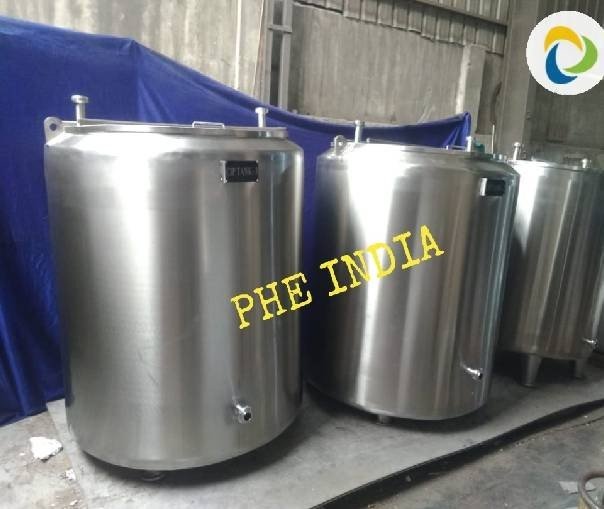views
(1) Monochrome printing in book printing: it is not limited to black. It is applicable to all printing documents displayed in one color. Poly color printing is divided into three types: casing method, register method and multi color method.
The printing methods are classified according to the number of printing colors in books printing process
The printing methods are classified according to the number of printing colors in books printing process
According to the printing color number, the following can be distinguished:
(1) Monochrome printing in book printing: it is not limited to black. It is applicable to all printing documents displayed in one color. Poly color printing is divided into three types: casing method, register method and multi color method.
For the color enhancement method, add another color within the double line range in the monochrome image to make it clear and bright for reading. The brush of general children's books is mostly used; In the chromatic method, the colors are independent, do not overlap each other, and there is no other color as the edge line of the range, which is successively overprinted on the printed material. Generally, the printing of line table, commodity packaging paper and terrain are mostly used.
(2) Color printing in book printing: that is, multi-color printing. According to the additive color mixing process, the natural color original is decomposed into the primary color separation plate, and then the primary color plate is reprinted on the same printed material by the pigment subtractive color mixing process. The natural color printing of the original is also obtained due to the different overlapping area of the primary colors. All color prints, except for a small number of additive and chromatic methods, are printed by multicolor method.
Four color printing mainly adopts the printing method. CMYK four-color (i.e. cyan, magenta, yellow and black) inks are transferred to the printing materials for color formation, which can reproduce various colors of the original through different proportions of these four colors. In order to expand the color space, more than four colors (such as six color printing) are also used. The packaging industry often adopts the method of four colors plus one or more spot colors to ensure that users' needs for color are met and enhance the anti-counterfeiting, special and personalized characteristics of printed materials.












Comments
0 comment